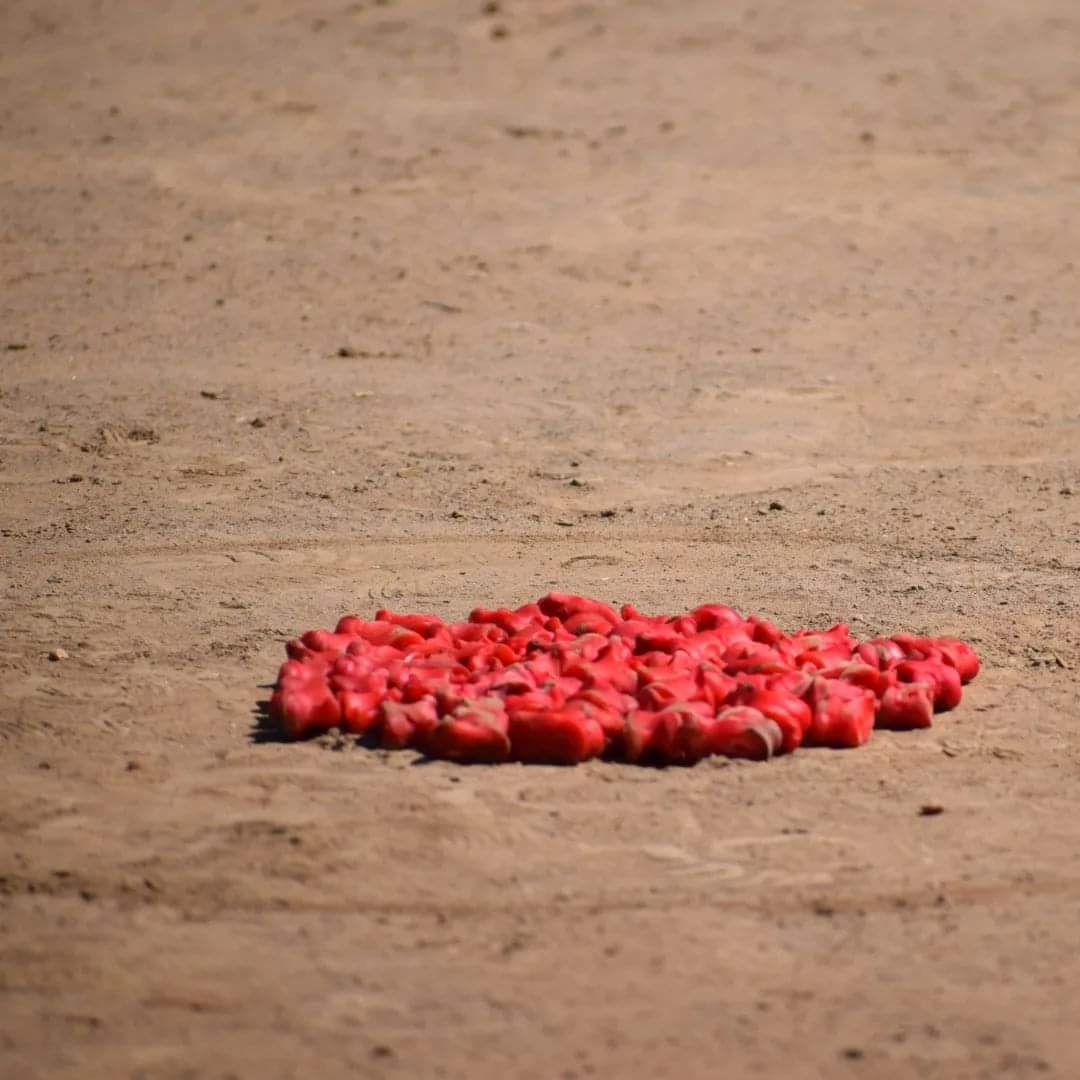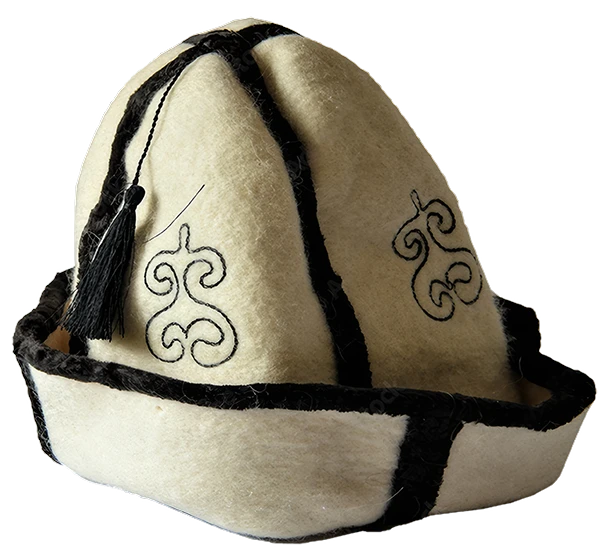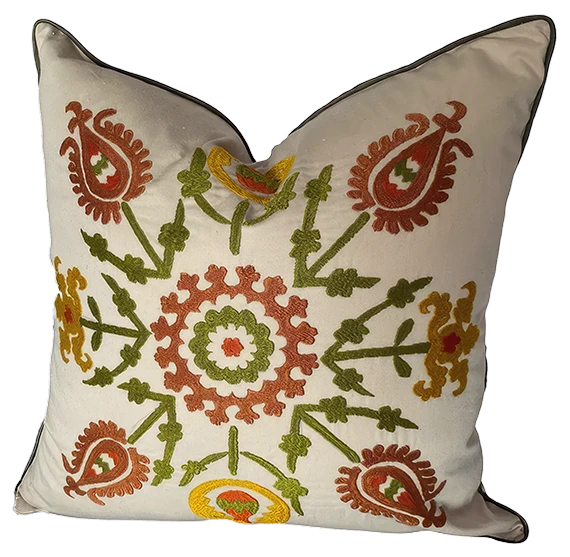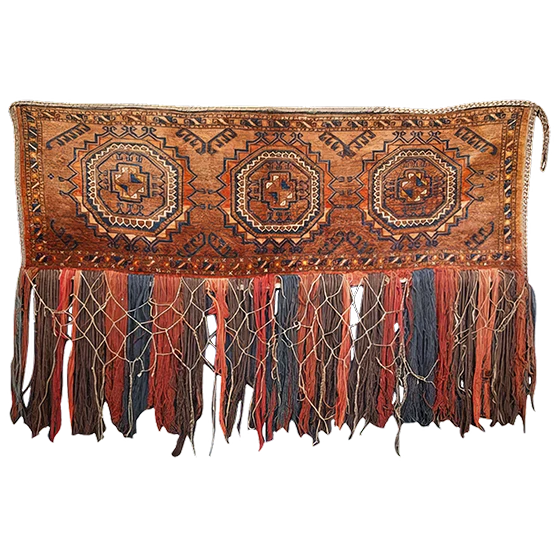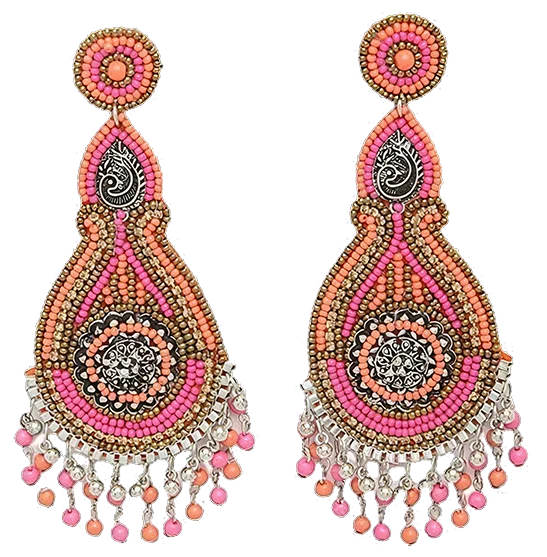
Culture in China
This chapter is devoted to the cultures of Xinjiang where the current dominant people are represented by the Uyghurs. The name Xinjiang means "new frontiers" and was adopted by Qing Manchuria. But history has made this region a mixture of peoples and cultures. During prehistoric times, cultural influence came from the northwest and moved east until the 3rd century AD when Buddhism appeared in the region. The Scythian empire gives way to the Kouchan empire which left many pictorial traces especially in the caves of Kizil and marks the beginning of the Silk Roads. Then in the 7th century, it is the Tang culture which dominates the region but for a short time, because in the 8th century the Tibetan Empire controls the region before the Tang with the help of the Uyghurs regain control. From 840, the Uyghurs were pushed back to the south by the Kyrgyz, they will remain there to this day.
The Uyghur people are therefore an ancient Turkish people who greatly influenced Asian civilizations. The Uyghurs were the first sedentary among the Turkic peoples. Influenced by Manichaeism and then by Buddhism, whose heyday extends from the 9th to the 10th centuries, and was a highlight in the history of the region in artistic and literary terms. Subsequently, the Uyghur Islamic era gave birth to famous works of the 11th century such as the "Compendium of Turkish languages" by the philosopher and lexicographer Mahmoud Al-Kachgari and "The Science which brings happiness" by the philosopher Yusuf Balasagun, prides literary works from all over the Turkish world. The place of Uyghur civilization is as important there as the Greco-Roman civilization for the Western world.







